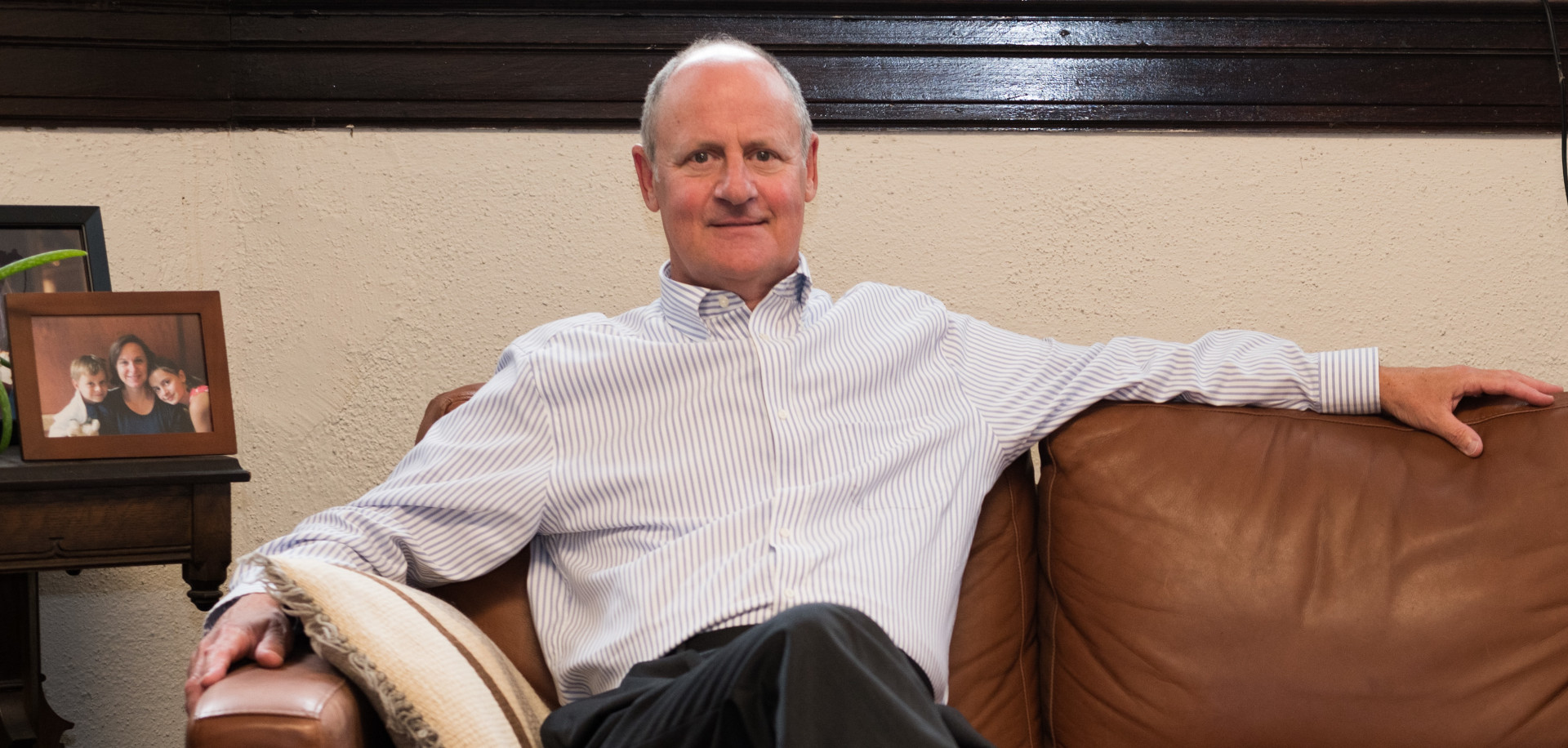Good and bad, I define these terms,
Quite clear, no doubt, somehow;
Ah, but I was so much older then
I’m younger than that now.Bob Dylan
Dear Friends in Christ,
The Byrds may have made this lyric more famous than Dylan, and all six stanzas are worth attention, but it’s that final line that can/should call out to Christians: How do we, who know so much, experience so much, still find the faith and spirit to be people of hope and love? Yet, isn’t that what makes a Christian? A person of wisdom, experience, ability, and charity, who chooses hope and love? Someone who was older, and becomes younger, as though they were born again. Perhaps that is the question for this fall and this season, with our Re-Covenant celebration on September 8: How and where do we find hope and love now? Come back and join in.
But let me go deeper, with a favorite quote from James Baldwin, and a follow-up from Paul Ricoeur. (Stick with me, please.) Baldwin says that “Experience, which destroys innocence, also leads one back to it.” That is, the things of our life, our world, our politics, our community and family — even our health, are the building blocks of a fresh look at life and faith and divinity. What we know in life is what we bring to church, and God knows all this, too (according to Christianity), so all of the above are the building blocks of prayer and mission and theology and what Jesus calls being “friends” in Christ. Paul Ricoeur calls this approach “second naïveté,” and he means that with utmost respect. We all get a second chance in faith.
What does all this mean together? We don’t gather in the sanctuary to avoid the elements of our life and world. We gather there to bring them together, see them in the light of eternity, and accept them to guide our ethics, loves, celebrations, griefs, and faith. We love our stained glass not to hide behind it, but to see the images of life and the colors of the rainbow there, which bond us together inside, and send us to serve outside.
It is good to be experienced, yet younger. Good to be naive in the way that opens us to mystery and divinity. To face issues of good and bad, like Dylan, and yet sing in harmony, like the Byrds.
Church sociologists say that across America parish members are still finding their post-covid balance. It’s true. Church observers are worried that in the face of “white nationalism” and progressive dedications there may be a number of clashes among those who claim the name of Christ this year. It’s true. And then there is also a renewal of a school of thought from about fifty years ago bunched together as The Theology of Hope. It was one of the things that inspired me in college. For example, that small group of faithful Jews, waiting for a Messiah, encountering scorn for it, but all the while healing people and hearing the word of God, who then lose their leader in a gruesome way, yet do not lose their faith. In fact, they sense that this leader is still empowering them to new life beyond their imagination. This is the theology of hope that is resurgent this year in professional circles, it’s the story of the first disciples, and it is where experience leads to being born again, or the experienced/innocence of building a post-covid mission. This is us.
Too much? Well, when we come together we do have a cup that overfloweth, so come back, join in, and gather for a season of abundant hope. We have the right amount for each spirit.
God’s peace be with you,

P.S. Thank you for all the prayers and kind words for my unusual summer. My brother is now about twelve weeks into his healing journey with cancer (I’ve been to Baltimore eight times), my wife is now recovering from her complicated knee replacement, our dog is recovering from a bad infection, I just led the memorial for a close friend from childhood, and we send our second child off to college about when you read this. There’s more, as there is for all of us, but your kindness and prayer has kept me going. I pledge to share God’s kindness all along, too, and hope you receive it.

